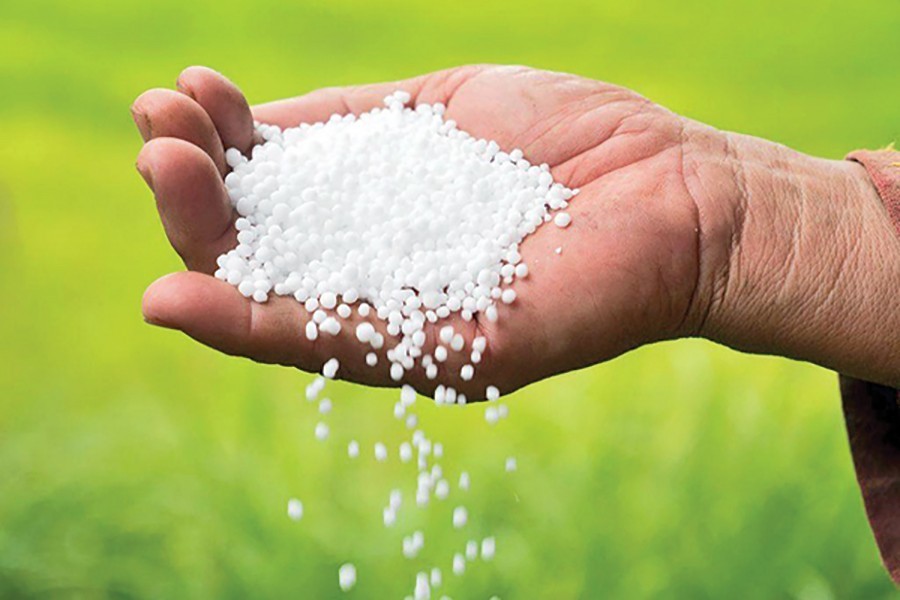Plastics are accumulating on the world’s soils at a worrying rate, according to a new report from the United Nations Environment Programme (UNEP).
The single-biggest source of microplastic pollution in soil is fertilisers produced from organic matter, such as manure, said experts.
Macroplastics are used as protective wraps around mulch and fodder. They cover greenhouses and shield crops from the elements. They are used in irrigation tubes, sacks and bottles — and intentionally added microplastics are even used as coatings on fertilisers, pesticides and seeds.
But over time, macroplastics slowly break down into microplastics of shards less than 5mm long – and seep into the soil.
These microplastics can change the physical structure of the earth and limit its capacity to hold water. That can affect plants by reducing root growth and nutrient uptake. Chemical additives in plastics that leach into the soil can also impact food value chains and lead to health implications.
The 29th edition of UNEP’s Foresight Brief highlights how plastics used extensively in farming – from plastic coated plastic fertilisers to mulch film – are contaminating the soil and potentially threatening food security.
Microplastics are also impacting human health when transferred to people through the food chain.
"There is only a finite amount of agricultural land available," says Professor Elaine Baker from the University of Sydney, the report’s co-author.
"We are starting to understand that the build-up of plastic can have wide-ranging impacts on soil health, biodiversity and productivity, all of which are vital for food security," she says.
Experts say that the production of bio-based polymers should not generate land competition with food, and consideration of their growth should include those for sustainable agriculture.
Baker said more research needs to be done to develop products – such as some alternative textiles – that don’t shed microplastics.
"While there is still limited research on the impacts of plastics on soil, there is evidence of negative effects on soil health and productivity," she says.
"Now is the time to adopt the precautionary principle and develop targeted solutions for stopping the flow of plastic from the source and into the environment."


